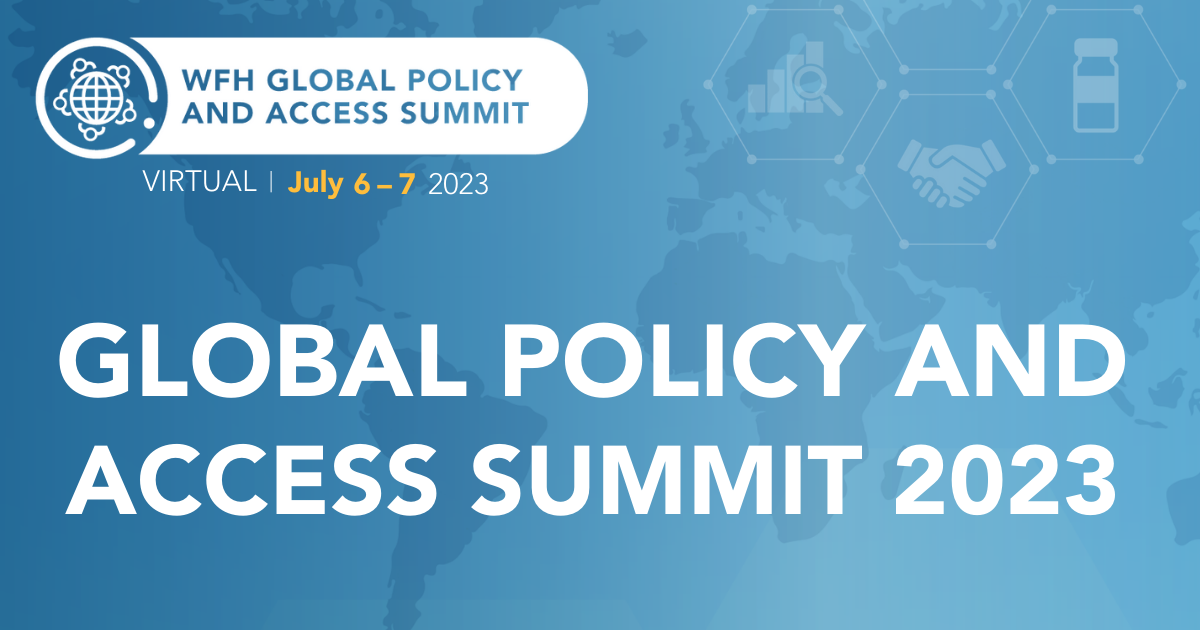
Global Policy and Access Summit 2023
The presentations and discussions of the third edition of the WFH Global Policy and Access Summit (GPAS) center around increasing
Year: 2022
Language: English
Author(s): World Federation of Hemophilia
The WFH Guidelines for NMO Capacity Development were created to provide clear benchmarks and a framework for regular assessments to support NMOs in developing their capacities based on best practices in key organizational development areas. The guidelines offer a systematic and participatory approach to organizational capacity development based on a framework for capacity development. It also includes a self-assessment tool designed to help NMOs understand, measure, and improve their performance, which is used as a guide for capacity assessment and is a facilitated process that encourages the active participation of different groups within the NMO.
The WFH does not engage in the practice of medicine and under no circumstances recommends particular treatment for specific individuals. For diagnosis or consultation on a specific medical problem, the WFH recommends that you contact your physician or local treatment centre. Before administering any products, the WFH urges patients to check dosages with a physician or hemophilia centre staff, and to consult the pharmaceutical company’s printed instructions.
The WFH does not promote any particular pharmaceutical product and any mention of any commercial brand in this presentation is strictly for educational purposes.

The presentations and discussions of the third edition of the WFH Global Policy and Access Summit (GPAS) center around increasing
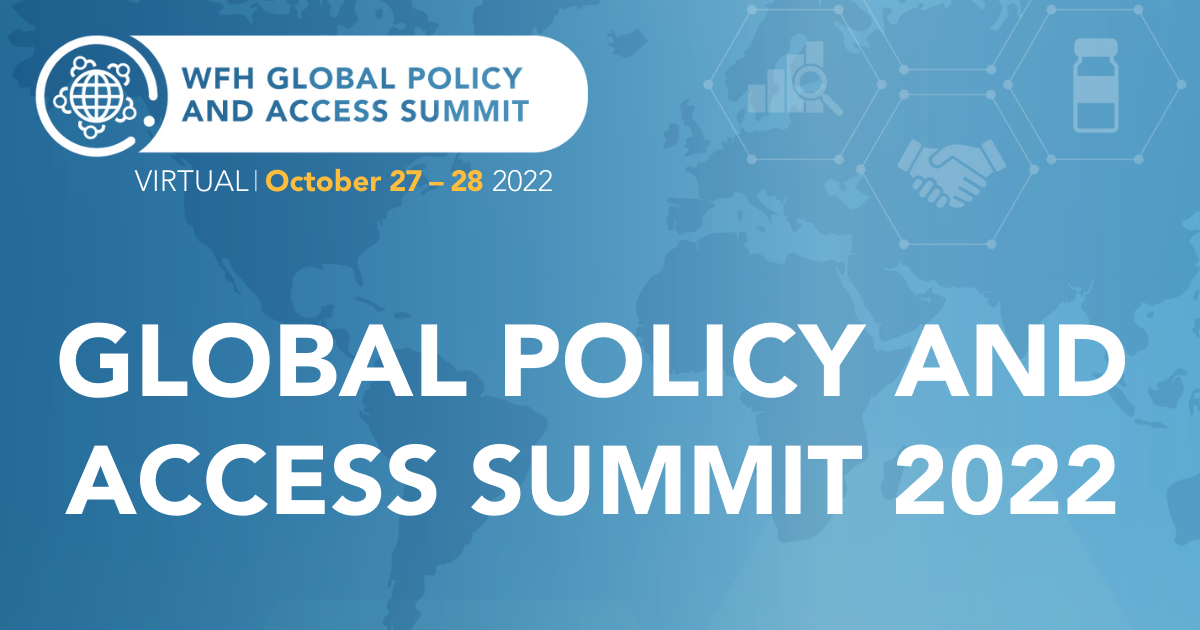
The presentations and discussions of the second edition of the WFH Global Policy and Access Summit (GPAS) center around improving
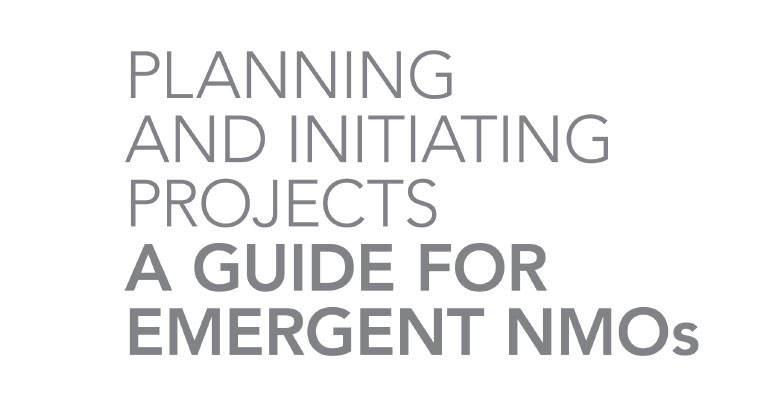
Volunteer team members, and their beneficiaries, often have differing opinions on what projects should be of highest priority for an
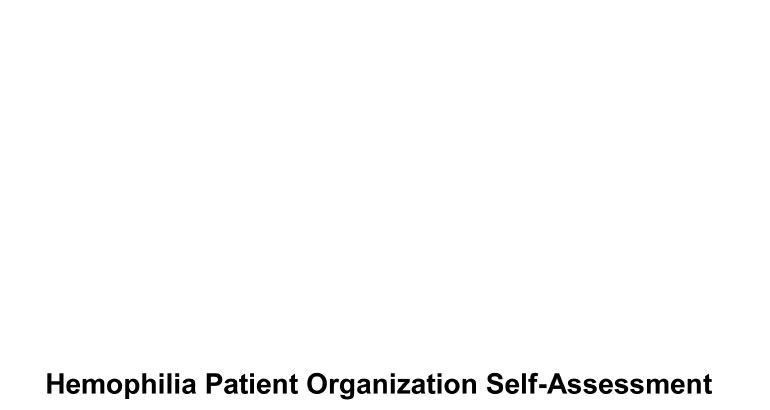
A self-assessment is a useful exercise for organizations to take a closer look at what they do and how they
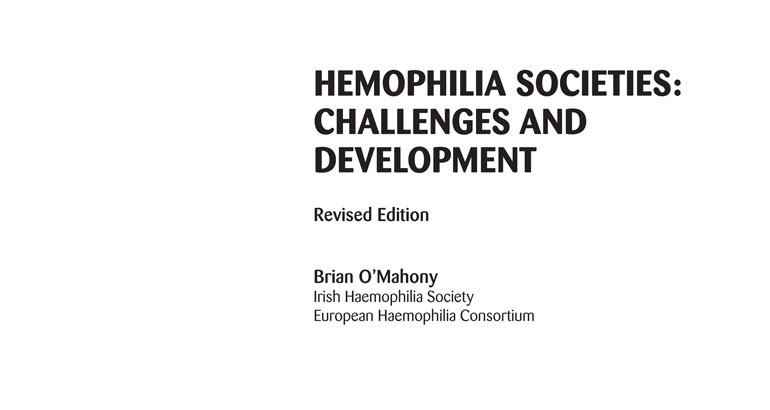
Outlines the common challenges faced by hemophilia societies at various stages of development and offers practical solutions to help these
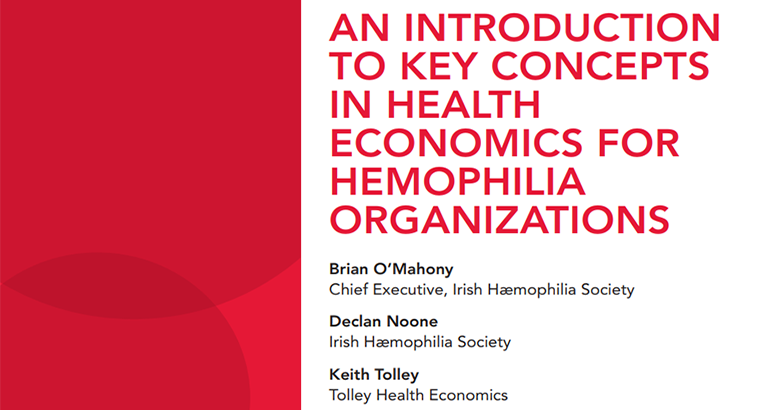
This publication aims to help patient organizations develop an understanding of health economics and advocate on issues relating to the